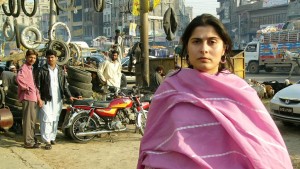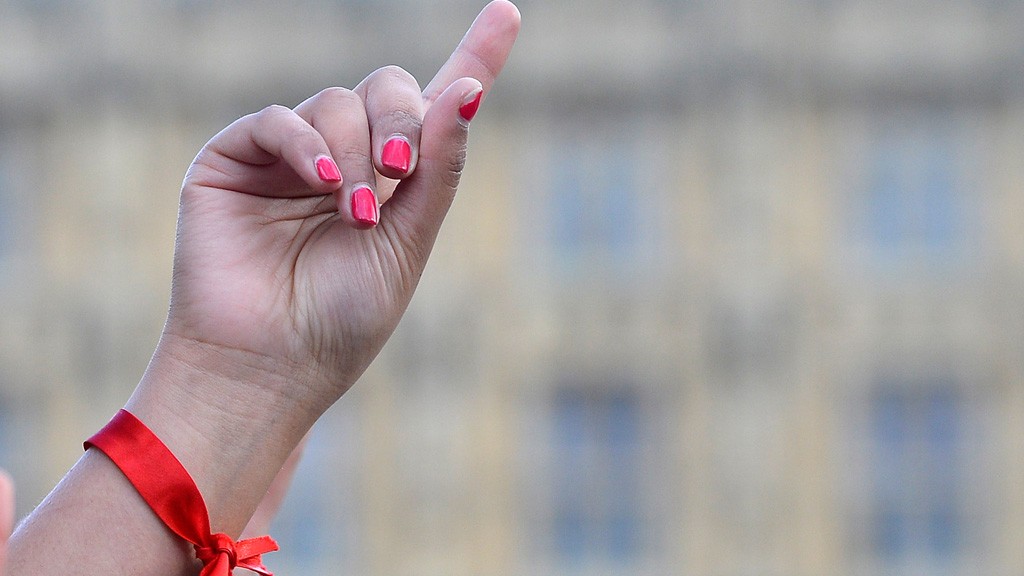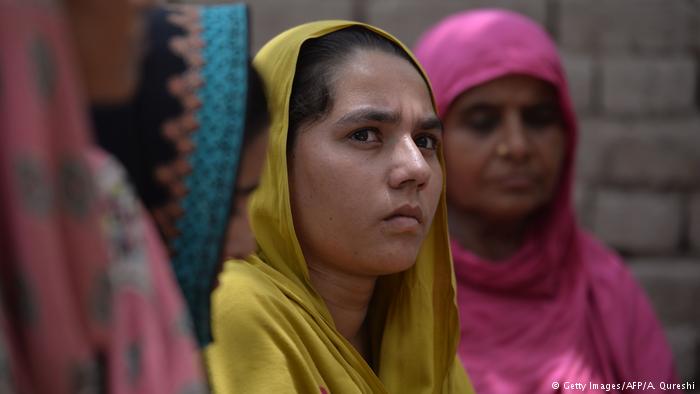The missing voices
There’s something we missed in recent media coverage of the two Pakistani stories, writes feminist writer, academic Ayesha Hasan.
This year’s bisextus for Pakistan was not just an intercalary day. It became a historical day that will be remembered for generations to come because of two news events: One was a film about horrendous practice of honor killings in Pakistan, the work of female documentary filmmaker Sharmeen Obaid-Chinoy, was recognized at the biggest award ceremony in the entertainment industry, the Oscars. The other was the execution of a religious fanatic who some years earlier had murdered a liberal politician.
The two events each – in their own way – gave progressive Pakistanis the hope that the country was coming to the realization that women’s rights had to be respected and that violence inspired by religion would no longer be tolerated. There was no way one could miss these news events since it took the print, electronic and online media by storm. Social media walls and feeds continue to overflow with posts about the event, both in jubilation and otherwise.

Sharmeen Obaid-Chinoy, won the Oscar for best documentary short for her film “A Girl in the River: The Price of Forgiveness” © sharmeenobaidfilms.com
There were photographs, news stories, follow up stories, timelines and commentaries. However, my eyes were looking for something else. I was desperately looking for female by-lines, but found them to be worryingly lacking. From The New York Times and Washington Post to The Guardian and The Telegraph and from Al-Jazeera to local Pakistani media – the front page stories, commentaries and supporting reports were inexorably by male reporters and writers.
Is that because female voices are not trusted with ‘serious news writing’, or do editors [still] deliberately ignore female reporters and opinion writers for coverage of conflict and security, and political events that tend to shape laws and public policies?
In British journalism, for instance, newspaper editions post-9/11 dramatically lacked reports by women journalists and writers, in contrast to the two weeks before the attacks when women had taken two-thirds of the front pages and monopolized the opinion pages. However, on the day of the incident and for a few days afterwards, women writers on the first five pages of five national dailies in the UK were alarmingly rare, in fact almost completely absent; contributions by women only began to resurface a couple of days later, and that too, with a major emphasis on human interest stories.
Women like the first foreign war correspondent Margaret Fuller (1810-1850), British war correspondent Yvonne Ridley and CBS News’ Lara Logan demonstrated that women are playing an increasingly conspicuous role in war and conflict coverage (Chambers et. al; 2004)*. Conflict, peace and security reporting is no longer a male-dominated area, but challenges remain and it’s in times like now in the world media that stereotypes around gender roles in war and conflict, and peace and security journalism can be broken.
Women’s voices and the lack of thereof are crucial to transforming or maintaining a patriarchal world, respectively; and as feminist American psychiatrist Jean Baker Miller inspiringly puts it, “women’s situation is a crucial key to understanding the psychological order”. Over two decades ago, through her book In a Different Voice American feminist, ethicist, and psychologist Carol Gilligan set out to challenge the theories in which ‘men’s experience stands for all human experience’ and theories that eclipse the lives of women and shut out their voices. As a feminist writer and media researcher, I stand with Miller and Gilligan and strongly believe that women voices need to be heard in serious matters such as war, conflict, peace and security.
Editors and news producers need to pay immediate heed to the absence or lack of female presence on their pages and the screen; and to make sure that we, the women writers, are not left out; we have to make sure that we do not leave ourselves out either.
Author: Ayesha Hasan
Editor: Marjory Linardy
Ayesha Hasan is an FES-DW Fellow of Journalism and is currently pursuing a PhD in women and peace journalism at the University of Wollongong, Australia.
_____
WTO RECOMMENDS
Many voices, many stories
The setting and even the timing was appropriate as women film makers from a range of genres, fiction, non-fiction, animation and television features, gathered in the Indian capital New Delhi to showcase and share their works. Coinciding with International Women’s Day, many talented filmmakers from 15 countries were happy to be back. (From March 10, 2014)
Women raise their voice
Balochistan is one of the 5 provinces of Pakistan. It’s important for not only its geographical location but for its vast natural resources. Quetta is the capital city of Balochistan and is home to different communities including the Hazara. (From March 10, 2013)
The Silent Screams…
A UNICEF report claims 70% of girls in Pakistan are married before the age of 16. In comparison, according to UNICEF’s “State of the World’s Children 2009″ report, 47% of India’s women are married before the legal age of 18; and in Bangladesh 63%. In Nepal 68.3% are married before the age of 15. (From January 8, 2015)








